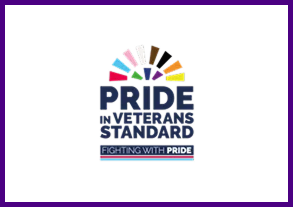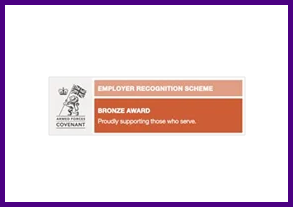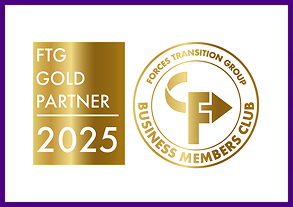Wellbeing for Veterans: A Practical Guide
Resources for Veterans & Families
What is Wellbeing?
Wellbeing means feeling good in your body, mind, and relationships. It’s about managing stress, staying physically active, having supportive social connections, and finding purpose.
Key Areas of Wellbeing for Veterans
- Physical Health
- Stay active: Aim for at least 150 minutes of moderate exercise a week (walking, cycling, swimming).
- Eat balanced meals: Plenty of fruits, vegetables, lean protein, and whole grains.
- Regular check-ups: Keep up with NHS health screenings and appointments.
- Manage injuries: Follow rehab plans and seek help early.
- Mental Health
- Talk openly: Share how you feel with trusted people or professionals.
- Use available support: Op COURAGE, Combat Stress, and NHS mental health services.
- Practice mindfulness: Breathing exercises, meditation, or yoga can reduce stress.
- Avoid isolation: Keep connected with family, friends, and veteran communities.
- Social Connection
- Join veteran groups: Many local and national organisations offer social activities.
- Volunteer: Helping others can boost your mood and sense of purpose.
- Stay connected: Regular contact with friends and family supports emotional health.
- Purpose and Routine
- Set daily goals: Even small achievements help build confidence.
- Learn new skills or hobbies: Keeps your mind active and engaged.
- Consider work or training opportunities: Many charities help veterans find employment or education.
Practical Wellbeing Tips
Tip | Why It Helps |
Keep active daily | Improves mood and physical health |
Maintain a balanced diet | Supports energy and immunity |
Connect with others | Reduces loneliness and stress |
Set realistic goals | Builds confidence and motivation |
Ask for help when needed | Ensures timely support and recovery |
Remember
Your service is valued, and help is always available. Focusing on your wellbeing can improve your quality of life and help you thrive in civilian life.
Wellbeing Checklist for Veterans
Physical Health
- Aim for 150 minutes of moderate exercise per week (e.g., walking, swimming, cycling)
- Eat balanced meals including fruits, vegetables, lean protein, and whole grains
- Drink plenty of water daily
- Attend regular NHS health check-ups and screenings
- Follow rehabilitation or treatment plans for any injuries or conditions
- Get enough sleep (7–9 hours per night)
Mental Health
- Talk openly with trusted friends, family, or professionals about your feelings
- Use veteran mental health resources (Op COURAGE, Combat Stress, NHS services)
- Practice relaxation techniques (deep breathing, meditation, mindfulness) daily or as needed
- Avoid harmful coping strategies (excess alcohol, drugs)
- Set small, achievable goals for the day/week
- Seek professional help if feeling overwhelmed, anxious, or depressed
Social Wellbeing
- Stay connected with family and friends regularly
- Join a local or online veteran support group
- Volunteer or engage in community activities
- Reach out for support when feeling isolated
- Participate in hobbies or interests that bring joy
Routine & Purpose
- Maintain a daily routine including sleep, meals, and activities
- Learn new skills or take up a hobby
- Consider volunteering, education, or work opportunities
- Celebrate small achievements to build confidence
- Reflect on personal goals and progress weekly
Remember: Taking small daily steps can make a big difference in your wellbeing. You’re not alone—help is available. Contact Veterans Welfare Group today to speak to an advisor.





